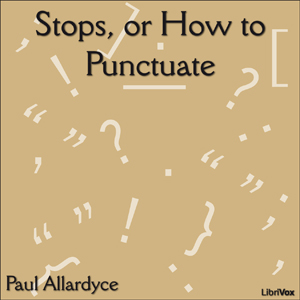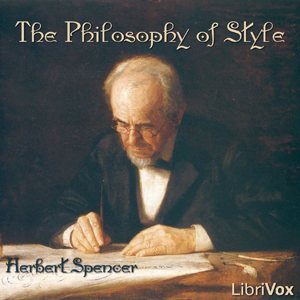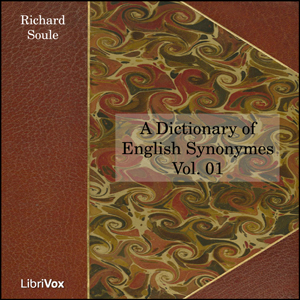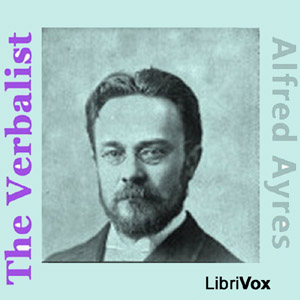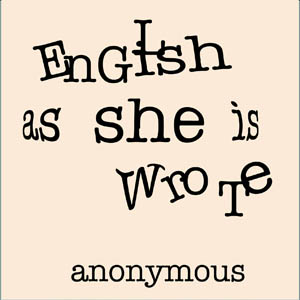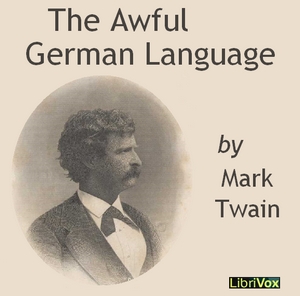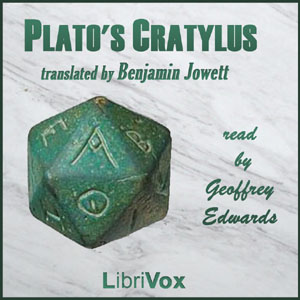Compendious History of English Literature and of the English Language, Volume I
(0 User reviews)
176
1863
English
- Preface
- 1. Introductory. 1. Literature and Language. The Languages of Modern Europe
- 1.2. Early Latin Literature in Britain
- 1.3. The Celtic Languages and Literatures
- 1.4. Decay of the Earliest English Scholarship
- 1.5. The English Language
- 1.6. Original English
- 2. The Norman Period. 1. The Norman Conquest. Arabic and the New Learning
- 2.2. Schools and Universities. Rise of the Scholastic Philosophy. John of Salisbury. Peter of Blois
- 2.3. Classical Learning. Mathematics. Medicine. Law. Books. The Latin Language. The Latin Poets. Mapes, etc
- 2.4. Latin Chroniclers. Ingulphus. William of Poitiers. Ordericus Vitalis. Gesta Stephani. William of Jumieges. Florence of Worcester. Matthew of Westminster. William of Malmesbury. Eadmer. Turgot and Simeon of Durham. John of Hexham and Richard of Hexham
- 2.5. Ailred. Geoffrey of Monmouth. Alfred of Beverley. Giraldus Cambrensis. Henry of Huntingdon. Roger de Hoveden. William of Newburgh. Benedictus Abbas. Ralph de Diceto. Gervase of Canterbury. Vinsauf. Richard of Devises. Joscelin de Brakelonda. Monastic Registers. Law Treatises. Domesday Book. Public Rolls and Registers
- 2.6. The French language in England. The Langue d'Oc and the Langue d'Oyl. Norman trouveurs. Duke Richard I. Thibaut de Vernon. Turold, or Theroulde. Chanson de Roland
- 2.7. Anglo-Norman Poets. King Henry I. His Queens, Matilda and Alice. Philip de Than. Geoffrey, Abbot of St. Albans. Pilgrimage of Saint Brendan. Charlemagne. Anglo-Norman Chronicles. Gaimar. David. Wace. Benoït. Everard. French Language in Scotland
- 2.8. Luc de la Barre. Guichard de Beaulieu. Arthurian Romance. The Saint Greal. Luc du Gast. Buron. Mapes. Roman du Roi Horn. Tristan or Tristrem. Guernes de Pont Sainte Maxence. Herman. Hugh of Rutland. Boson. Simon du Fresne. Cardinal Langton. King Richard Coeur-de-Lion
- 2.9. Vernacular Language and Literature: A.D. 1066-1216
- 2.10. The Thirteenth and Fourteenth Centuries. Ascendancy of the Scholastic Philosophy. Mathematical and Other Studies. Roger Bacon. Robert Grosseteste. Alchemists. Universities and Colleges
- 2.11. Latin Historical Works of the Thirteenth and Fourteenth Centuries. Use and Study of the Latin and Greek, the Hebrew and other Oriental Tongues. Last Age of the French Language in England
- 2.12. Anglo-Norman Poets. French Prose Romances. Froissart. Resurrection of the English Language
- 3. Second English. 1. St. Godric. The Here Prophecy
- 3.2. The Brut of Layamon
- 3.3. The Ormulum. The Ancren Riwle
- 3.4. Metrical Legends. Land of Cokayne. Guldevord. Wille Gris. Early English Songs. Early English Metrical Romances. Publications of Percy, Warton, Tyrwhitt, Pinkerton, Herbert, Ritson, Ellis, Scott, Weber, Utterson, Laing, Hartshorne, The Boxburghe Club, The Bannatyne, The Maitland, The Abbotsford, The Camden Society
- 3.5. History of the English Metrical Romance. Metrical Chronicle of Robert of Gloucester. Robert Mannyng, or De Brunne. Rolle, or Hampole. Davie. Lawrence Minot
- 3.6. Alliterative Verse: Piers Ploughman. Piers Ploughman's Creed.
- 4. Third English (mixed or compound English). 1. Geoffrey Chaucer, Part 1
- 4.2. Geoffrey Chaucer, Part 2
- 4.3. Geoffrey Chaucer, Part 3
- 4.4. Geoffrey Chaucer, Part 4
- 4.5. Geoffrey Chaucer, Part 5
- 4.6. John Gower
- 4.7. Barbour
- 4.8. Compound English Prose: Mandevil and Trevisa
- 4.9. Compound English Prose: Wycliffe and Chaucer
- 4.10. Literature and Learning in the Fifteenth Century Universities. Revival of Letters. Invention of Printing. Printing in England. Caxton. Books and Libraries
- 4.11. Tiptoft, Earl of Worcester. Woodville, Earl Rivers. Science in England. Alchemists. Latin Chroniclers. French Chroniclers. English Chroniclers. Bishop Pecock. Fortescue. Malory
- 4.12. English Poets. Occleve, Lydgate. Scottish Poets. Wynton, James I, Henryson, Holland, Blind Henry. First Half of the Sixteenth Century. Colleges Founded
- 4.13. Classical Learning
- 4.14. Prose Writers. More, Elyot, Tyndal, Cranmer, Latimer
- 4.15. Scottish Prose Writers. English Poets: Hawes, Barklay. Skelton. Roy, John Heywood. Scottish Poets: Gawin Douglas, Dunbar, Lyndsay. Surrey, Wyatt
- 4.16. The Elizabethan Literature. The Mirror for Magistrates. Origin of Regular Drama. Interludes of John Heywood. Udall's Ralph Roister Doister
- 4.17. Gammer Gurton's Needle. Misogonus. Chronicle Histories. Bale's Kynge Johan, etc. Tragedy of Gorboduc. Blank Verse. Other Early Dramas. Second Stage of the Regular Drama. Peele, Greene
- 4.18. Marlow. Lyly, Kid, Lodge. Earlier Elizabethan Prose. Lyly, Sidney, Spenser, Nash, etc. English Hexameter Verse
- 4.19. Edmund Spenser, Part 1
- 4.20. Edmund Spenser, Part 2
- 4.21. Edmund Spenser, Part 3
- 4.22. Other Elizabethan Poetry. Warner
- 4.23. Daniel. Drayton. Joseph Hall
- 4.24. Sylvester. Chapman's Homer. Harington; Fairfax; Fanshawe. Drummond. Davies. Donne
- 4.25. Shakespeare's Minor Poems. Shakespeare's Dramatic Works
- 4.26. Chapman, Webster, Middleton, Decker, Chettle, Marston, Tailor, Tourneur, Rowley, Thomas Heywood. Beaumont and Fletcher. Jonson. Massinger, Ford
- 4.27. Later Elizabethan Prose Writers. Translation of the Bible. Theological Writers. James I., Bishop Andrews, Donne, Hall, Hooker. Bacon. Burton. Historical Writers. Classical Learning
The History of English Literature and Language may be recommended to the student as a guide always sure, and as satisfactory as its limits will admit, to the gathered harvest of a thousand years -- from ALFRED the Great to VICTORIA -- now existing in a language radically identical for the whole of that period, the common property of all who are born to its use, a personal endowment not to be limited by local accidents, but the rightful possession of those who "claim SHAKESPEARE's language for their mother tongue." As a writer, the principal characteristics of Mr. CRAIK are good sense and a command of ample information, derived usually from the original sources. He has not aimed a producing a brilliant book. From the number of topics necessary to be glanced at, much of it necessarily assumes the appearance of a brief catalogue; but the critical judgments of the writers, as they come under review, are unpretending and correct. - Summary from The New York Times, April 26, 1864.
There are no reviews for this eBook.
There are no comments for this eBook.
You must log in to post a comment.
Log in


